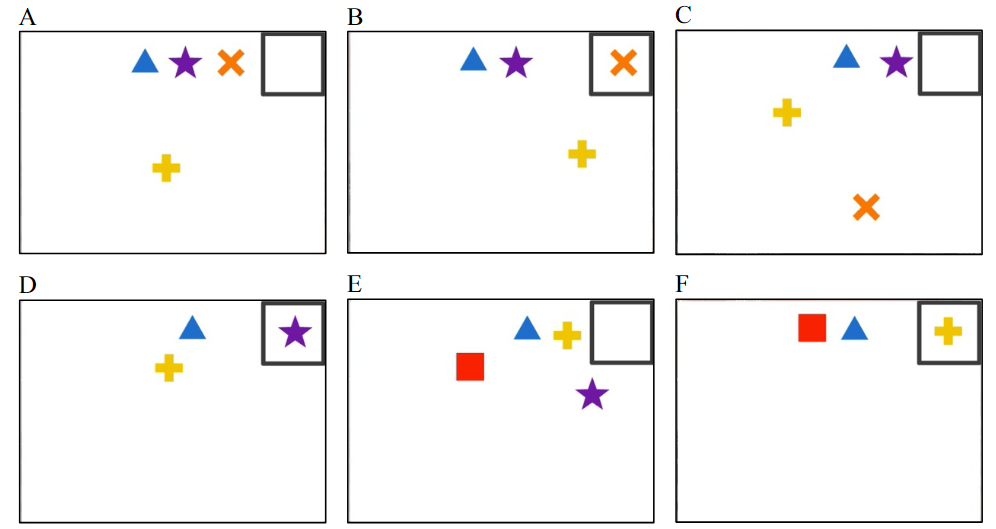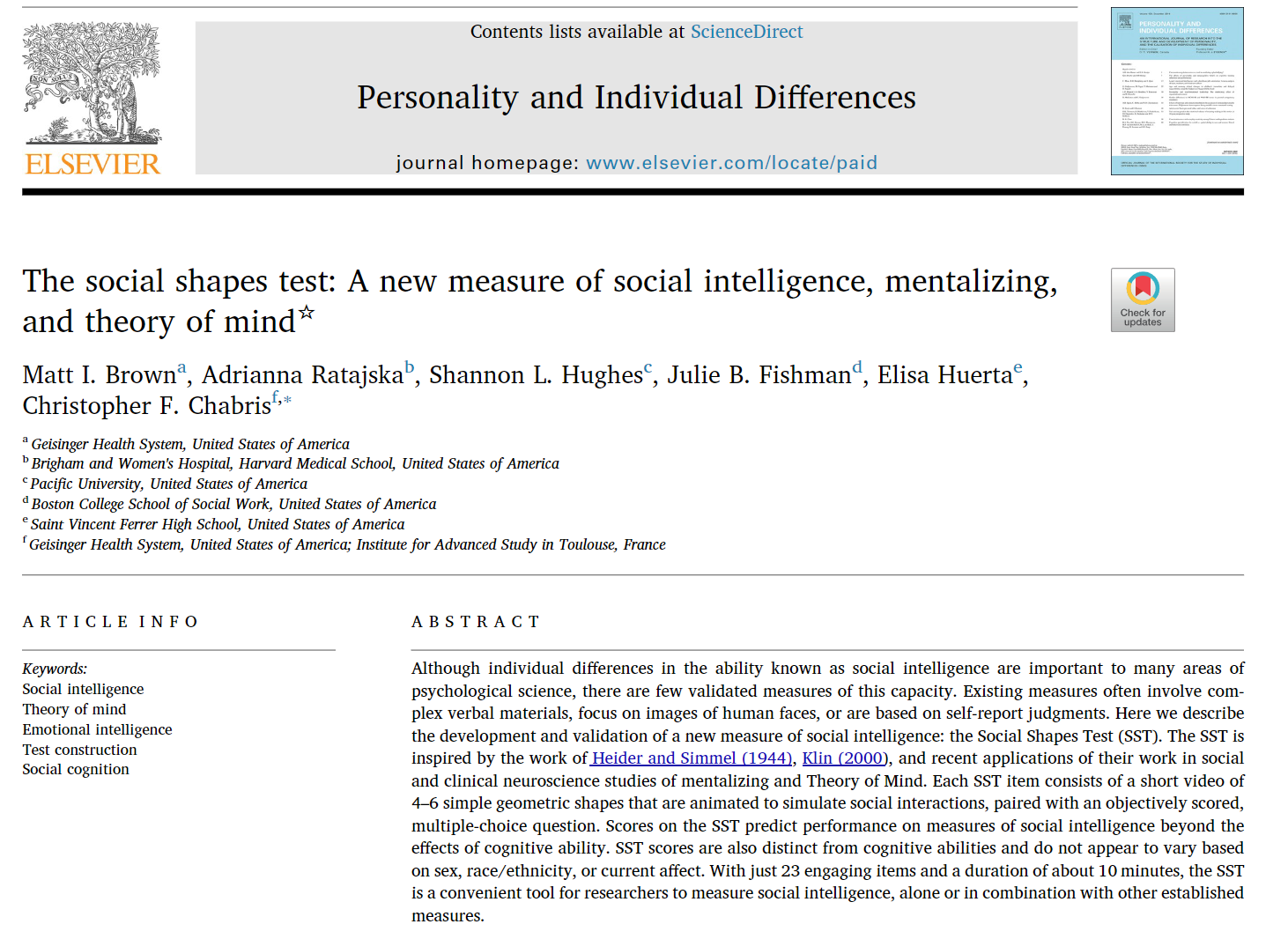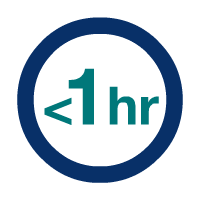Social Shapes Test
What is it and how does it work?
The Social Shapes Test (SST) is a 23-question assessment designed to evaluate an individual’s social intelligence (Brown et al., 2019). It measures the capacity to comprehend the emotions, thoughts, and behaviors of oneself and others in social interactions (Marlowe, 1986). Consisting of animated videos lasting from 13 to 23 seconds, the SST has been validated with undergraduate students and can be adapted to suit individual needs (Brown, Heck, & Chabris, 2024).
Tests may be administered multiple times in a semester to collect longitudinal data. Instructors can configure the test to release results to students for feedback purposes.
Which skill(s) are targeted?
The Social Shapes Test is designed to measure social intelligence which is foundational to the following competency domains:
- Participate in constructive dialogue to support both the process and product of the collaboration
- Shape teams and navigate collaborations in consideration of individual differences and interpersonal dynamics
- Apply skills and processes to resolve and manage disagreements in collaborative settings
- Participate constructively in planning, leading and improving meetings
- Plan, organize, and deliver coordinated work targeted to a project goal
Who else has used it?
- 45-740: Managing People and Teams
- 45-844: Global and Distributed Teams
- 99-101: Core@CMU
 |
Reference: Brown, M. I., Ratajska, A., Hughes, S. L., Fishman, J. B., Huerta, E., & Chabris, C. F. (2019). The social shapes test: A new measure of social intelligence, mentalizing, and theory of mind. Personality and Individual Differences, 143, 107-117.
 |
 Educator time commitment
Educator time commitment
Approximately 15 minutes
 Student time commitment
Student time commitment
Approximately 20 minutes
Contact eberly-assist@andrew.cmu.edu for help with incorporating this resource.
Educator how-to steps
- Decide when students should complete the Social Shapes Test and then include this in the corresponding assignments/instructions to students.
- Set up the assignment in Canvas (or as you normally would). NOTE: We have a Canvas assignment shell with the Social Shapes Test including the animations that you can copy to your Canvas course. Contact eberly-assist@andrew.cmu.edu to ask for help with this.
References
Brown, M. I., Heck, P. R., & Chabris, C. F. (2024). The social shapes test as a self-administered, online measure of social intelligence: Two studies with typically developing adults and adults with autism spectrum disorder. Journal of Autism and Developmental Disorders, 54(5), 1804-1819
Brown, M. I., Ratajska, A., Hughes, S. L., Fishman, J. B., Huerta, E., & Chabris, C. F. (2019). The social shapes test: A new measure of social intelligence, mentalizing, and theory of mind. Personality and Individual Differences, 143, 107-117.
Marlowe, H. A. (1986). Social intelligence: Evidence for multidimensionality and construct independence. Journal of educational psychology, 78(1), 52.